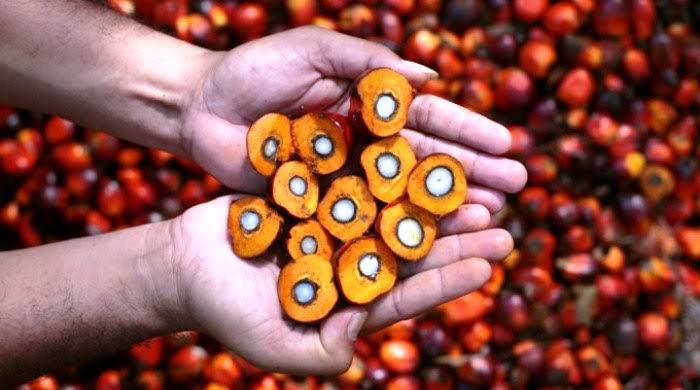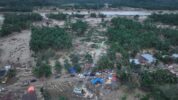Indonesia’s Ambitious Biodiesel Plan: 20 Million Kiloliters of CPO Needed for B50 Rollout
JAKARTA, RAKYAT NEWS- The Indonesian Ministry of Agriculture has announced that Indonesia needs to produce 20 million kiloliters of crude palm oil (CPO) annually to support the implementation of the 50% biodiesel program, known as B50.
Muhammad Fauzan Ridha, Head of the International Marketing Task Force at the Directorate General of Plantations, stated that achieving the B50 target requires an installed biodiesel production capacity of approximately 25 million kiloliters. Currently, the capacity stands between 17 and 18 million kiloliters.
As of now, Indonesia is utilizing B35 biodiesel. The government is prepared to increase the biodiesel blend from B35 to B40 by 2025 and is also making preparations for the B50 rollout, which will consist of a 50% mixture of palm oil and diesel.
Fauzan indicated that producing CPO for B35 requires 13.4 million kiloliters, while B40 will need 16.08 million kiloliters. He emphasized the importance of increasing domestic CPO production to meet these targets.
In light of the anticipated challenges posed by the European Union’s upcoming regulations on deforestation, the government is considering reallocating export supplies to European markets to fulfill domestic CPO demands. This strategy is seen as essential to maintaining a steady supply.
However, Fauzan noted that existing long-term contracts with European buyers could complicate this shift. Thus, careful planning and negotiation will be necessary to address these potential issues.
To ensure the strategy’s success, Fauzan stressed the need for thorough studies on the export reallocation. These studies will help assess the impact on national revenue and existing trade partnerships.
Senior economist at Indef, Fadhil Hasan, also highlighted the need for increased domestic CPO production to maintain balance between energy and food supply. He warned that without this increase, a decline in exports could occur, leading to higher international CPO prices.
If CPO prices rise on the global market, domestic cooking oil prices are likely to follow suit, impacting consumers across the country. The government must address these challenges to ensure a stable energy future for Indonesia. (Uki Ruknuddin)



























Tinggalkan Balasan